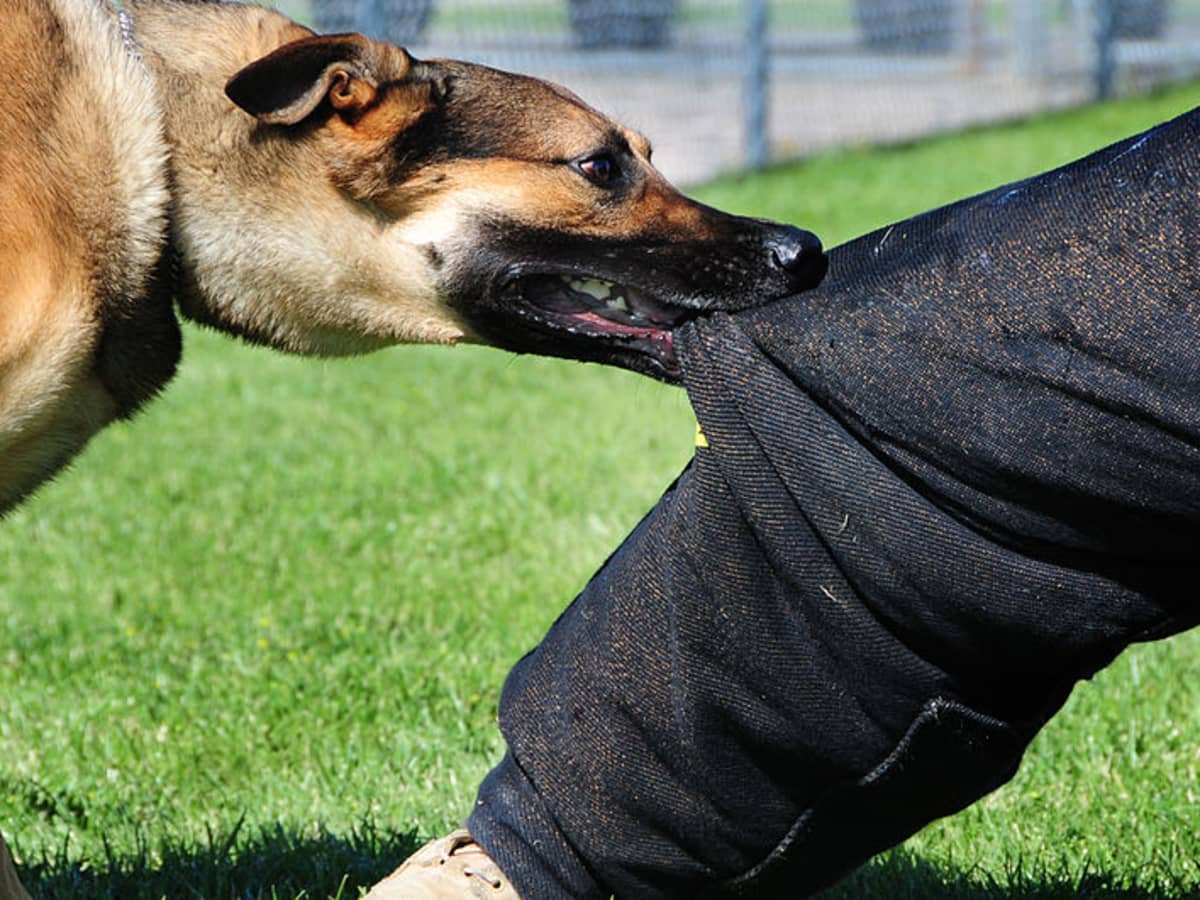
The World Health Organization estimates that dogs bite tens of millions of people per year, mainly children. Canada, meanwhile, has not published a report on dog-bite injuries in children and youth since 2003.
That 2003 report contained alarming information. Among infants and toddlers, for example, more than two-thirds required emergency treatment because dogs had bitten their faces, heads or necks. And more children between the ages of five and nine received emergency treatment for dog-bite injuries than for ice-hockey injuries. As for youth aged 10 through 14, dog-bite injuries accounted for more emergency department visits than trampolining.
Beyond health care, policies do exist to prevent dog-bite injuries and lessen their impact. The Calgary model hinges on dog licensing. Calgarians currently pay $42 to license a sterilized (spayed or neutered) dog, and $67 per unaltered dog. As of January 2022, these fees will increase by $1.
Licensing augments traceability following dog-bite injuries, or after aggressive behaviour that stops short of dog-bite injuries (for example, chasing people in parks). People who purchase licences for their dogs contribute to society in other ways too. Due to its licensing program, Calgary has the highest return-to-owner rate and the lowest pet euthanization rate in North America, according to the city’s department of animal services.
Our team’s previous research underscored that the potential for reunifications and for saving the lives of dogs impounded by the city has contributed to buy-in with dog-licensing compliance in Calgary. After all, few people anticipate that their pet dogs will attack other dogs or bite other people — not least children.
The Calgary model has influenced policy debates and decisions elsewhere. Examples include Edmonton, Montréal and as far away as Australia. At least fourin five dogs have licences in Calgary, compared with about two-thirds of Edmonton’s dogs, and fewer than a third in Toronto.
Such stark differences translate into dog-bite prevention that is more effective and efficient in Calgary than in Edmonton, for instance. The more owners license their dogs, the quicker-biting dogs and their owners can be located — first in a database and then within a city. And the more people who license their dogs, the more money that a municipality can invest in human-animal services.
Stella the Rottweiler
The case of Stella the Rottweiler illustrates the Calgary model for dog-bite prevention. Two dogs were fighting in a Calgary park, when one of the dogs bit the other dog’s companion. A bystander telephoned the city to report the incident. The bystander identified the biting dog as a Rottweiler called Stella. Within minutes, by consulting the city’s database for licensed dogs and their legal owners, a peace officer on patrol nearby could list addresses and owners for 17 Rottweilers named Stella.
After spotting a handful of potential matches, the officer reached the owner and issued fines for the dog-bite injury plus the dog fight, all the while recommending ways to stop dog-bite injuries from happening. Calgary’s database for licensed dogs allowed Stella the Rottweiler to be traced and this dog’s legal owner to be confronted and fined, all in a day’s work.


